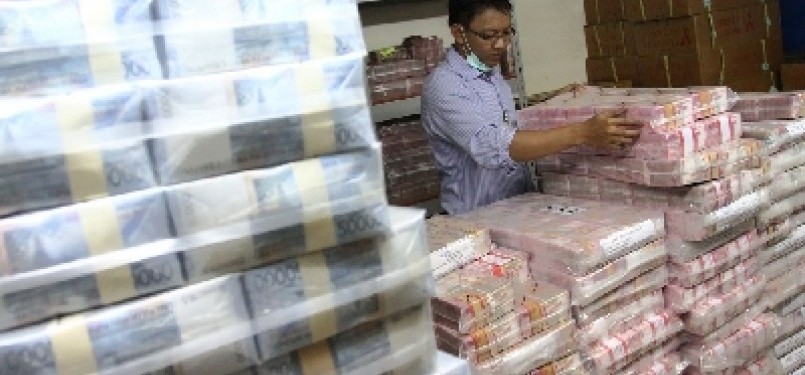REPUBLIKA.CO.ID, JAKARTA/SINGAPORE - Underneath the benign headline inflation figure, price pressures are building. January's inflation picked up month-on-month, and core prices remained elevated.
The government now sees output of rice, the country's staple grain, falling well below a targeted 72 million tonnes in 2012 because of wet weather and crop disease, an admission that is likely to lead to further rice imports and higher prices.
Add in higher electricity tariffs, expected in April, and inflation could pick up to 5.5 percent, said David Sumual, an economist with Bank Central Asia, Indonesia's largest consumer bank. If the government also raises fuel prices or cuts subsidies -- something the IMF has long advocated to ease budgetary strain and reduce economic distortions -- inflation could spike above 6 percent.
"In this case there could be a hike later this year," Sumual said. Indonesia's inflation-fighting efforts were "helped last year by lower commodity prices in the third and fourth quarter -- external factors, not BI's control of the money supply. That helped keep inflation low."
With Brent crude oil trading at $116 per barrel despite a sluggish global economic outlook, BI probably can't count on falling commodity prices for help this time.
HSBC's Eskesen thinks BI will stick with its dovish tone at Thursday's meeting, focusing on downside risk to the economy rather than the threat of rising inflation.
Part of the reason for that view is BI's belief that the economy can safely grow at a rate well above 6 percent a year without overheating and generating too much inflation. Eskesen thinks potential growth is only slightly above 6 percent because Indonesia is still plagued by poor infrastructure and other bottlenecks that make it difficult to do business there.
He expects another 50 basis points in rate cuts in the first half of the year, but thinks this would be a policy mistake that only stokes inflation in the second half of the year. "They should not have cut in the first place," he said.


